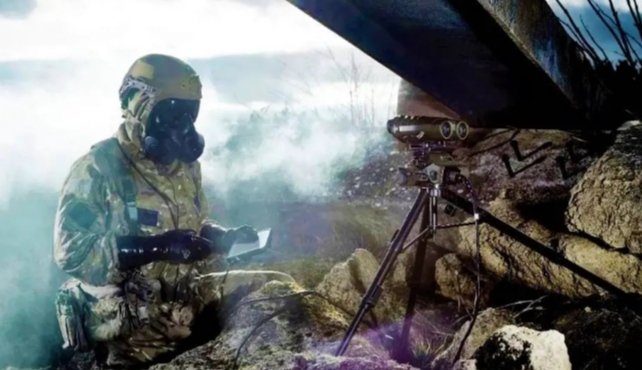
Avon Protection awarded NATO contract for CBRN protective boots and gloves
The British company Avon Protection has been awarded a three-year contract, with two optional one-year extensions, by the NATO Support and Procurement Agency (NSPA) for CBRN protective boots and gloves. The framework contract will allow NATO nations and partners to place orders for Avon Protection’s Exoskin-B1 boots and Exoskin-G1 gloves.
 Launched in 2022, the Exoskin range of boots and gloves is manufactured from Avon Protection’s proven rubber technology. The range protects operators against chemical warfare agent, toxic industrial chemical and biological threats.
Launched in 2022, the Exoskin range of boots and gloves is manufactured from Avon Protection’s proven rubber technology. The range protects operators against chemical warfare agent, toxic industrial chemical and biological threats.
The ambidextrous Exoskin-G1 glove features a rubberized outer layer textured to maintain grip in wet conditions, and an intelligent, seamless inner knitted liner that has a conductive tip on both the thumb and forefinger to enable the wearer to handle and operate electronic touchscreen devices.
The Exoskin-B1 boot provides improved durability and agility in the field, with quick-release straps to secure the garment over standard footwear. A highly textured sole improves the wearer’s manoeuvrability in all underfoot conditions.
Designed for quick donning and doffing, the Exoskin range integrates with many protective suit ensembles, delivering advanced dexterity and agility in the field while maximising protection for the operator. “This contract further underlines Avon Protection’s close partnership with NATO for the provision of CBRN protection capability. To date several nations have actively deployed the FM50 respirator under the ongoing NSPA framework contract for that system”, Steve Elwell, President, of Respiratory Protection for Avon Protection, said. “With the new boots and gloves contract, all NATO nations will now have the ability to acquire our Exoskin products, allowing them to benefit from our wider portfolio of market-leading technologies and to keep their operators safe in the field during CBRN situations.”


